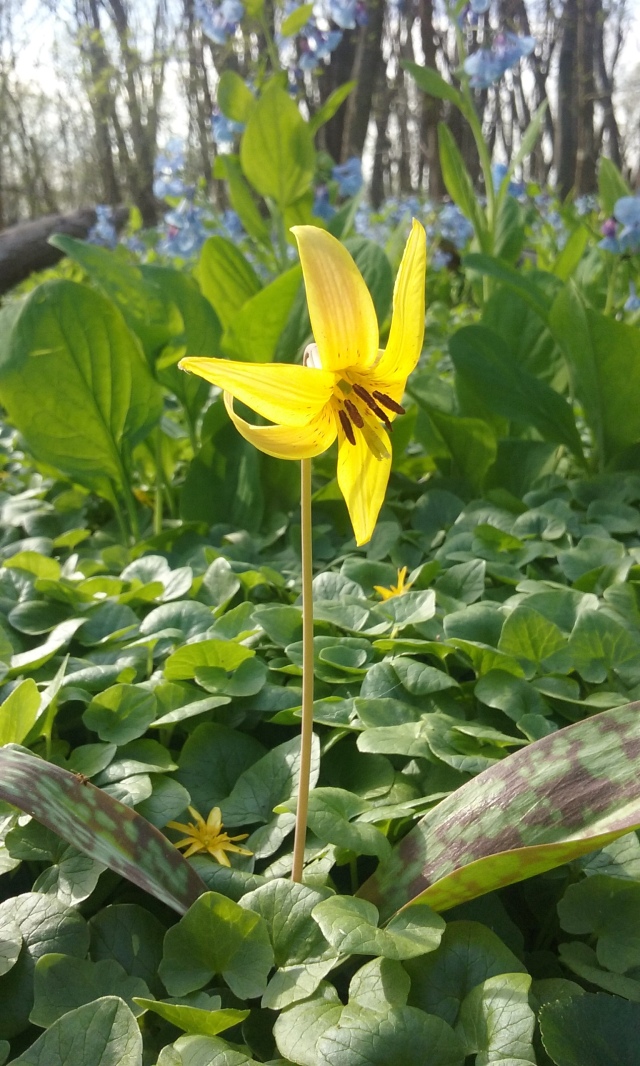
As a trash collecting hobbyist, it is difficult to look away from unpleasantness. It is difficult, in fact, to look away from anything at all, as I am always looking at everything. My only way, then, of not seeing unpleasantness is not to write about it. And I am guilty of that.
Whether because of the early loss of my mother or the natural human aversion to reminders of mortality, I am affected for days after encountering the body of an animal, particularly if it is young. For years, I said a prayer for every dead animal I passed on the road. Although my faith has gotten shaky, I usually still say my roadkill prayer; it seems to absolve me from some of the pain and grief that witnessing death usually invokes in me. The sight of vultures and crows over a carcass offers me even more comfort. They show a way to truly see a purpose in the animal’s death, if not in its life.
There are moments, though, when this is not quite enough. The time, for instance, when I saw a car strike a bear cub, and for weeks and months (and even years now?) could not stop imagining the bereaved mother bear somewhere in the woods on the other side of the road. Or, last year, when I found an older fawn lying in the woods along the Monocacy River, clearly dead but without any signs of trauma, and a few days later encountered another fawn of the same age, only a short distance away, looking slow and weak, its ribs showing and rear smeared with diarrhea. It stared at me for a long time, unconcerned with my curious old dog, before tottering back into the tall brush. Again I imagined a mother, but this time she was the one dead on the side of the road, and her children were lost without her. Lost children: our fears and histories seem to circle back on themselves, and our imagination never wanders too far from us.
Yesterday I found a young fox kit on the island path. It was lying on its side, its small mouth just open, its eyes just closed. It was dead, of course, but only just so. Its gray fur was downy and its body soft as I lifted it, checking for signs of life and death. The head lolled, its neck broken, and a tincture of moist blood stained its right ear. There was nothing I could do but move it from the path to the forest floor, where it could decompose in relative peace, shaded and surrounded by the bluebells, celandine and violets that have transformed the Monocacy into a wonderland. I covered it with a few damp leaves and noticed a trout lily blooming nearby.

I know that death is vital to life. Predators kill and prey feed, diseases weaken, the strong survive and reproduce. I get all of that. I appreciate it. With an intellectual and scientist’s objective eye, I can say, “This is Good.” But sometimes my soul is just a little too sensitive for this world.


I can’t think of anything to say that doesn’t sound trite in this context, but I find value in your words.
LikeLike
That wasn’t trite at all. Thank you.
LikeLike
This is beautiful , Julie. Thank you, Aunt Jane
LikeLike
Thank you. It’s always a bit difficult to write the more personal essays.
LikeLike
I have the back story playing when I see things like injured or dead animals. Next time it happens I’ll remember there are others who experience things similarly. Linda
LikeLike
We must be kindred spirits.
LikeLike
I think so. My mother died when I was 14 so more in common there too.
LikeLike
I’m so sorry. I do always feel a connection with others who lost their mothers when they were young.
LikeLiked by 1 person
I am so sorry that you lost your mother when you were young.
I relate to your feelings of pain when you see a dead or injured animal. I feel this way too, particularly when the injury or death was at the hands of a careless or brutal human and even when caused by an accident. The ways of the world can be tough, and often seem unnecessarily or indiscriminately harsh.
LikeLike
Thank you. It is sometimes hard to see things and say nothing. It is reassuring to know that I’m not alone!
LikeLiked by 1 person